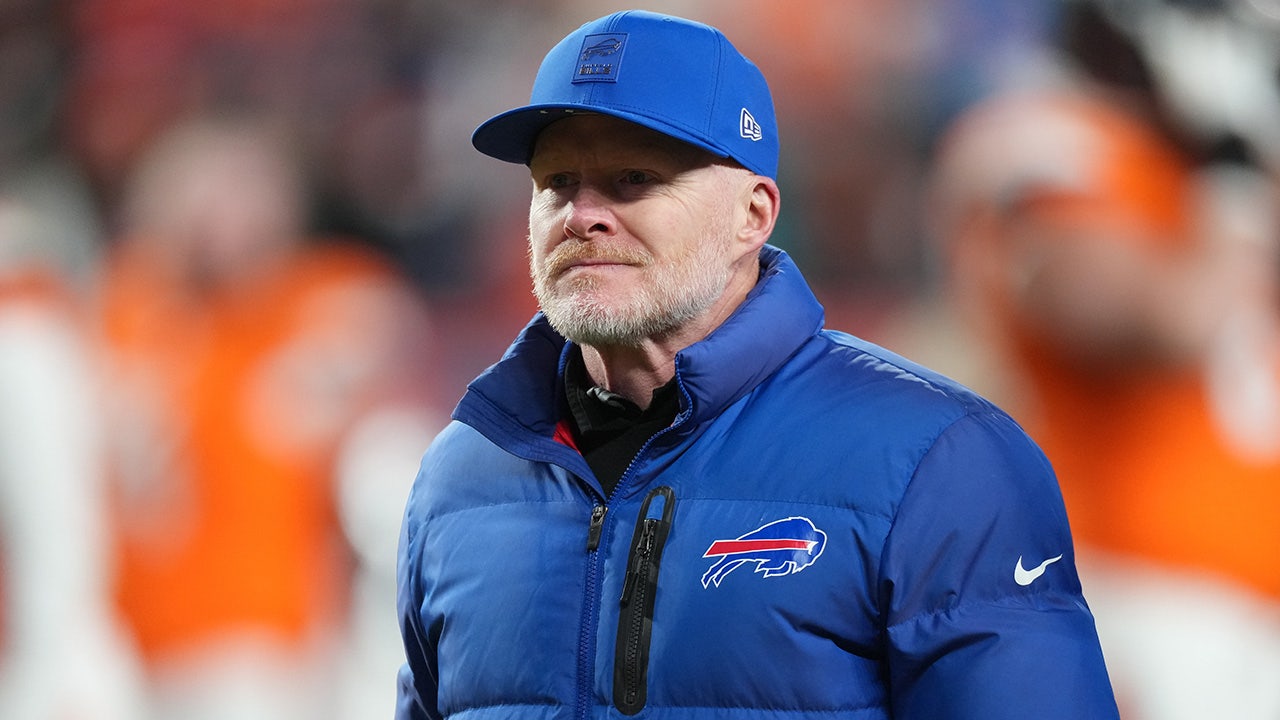It’s official — making friends gets harder the older you are, according to new research.
A survey of 2,000 Americans examined how people feel about their social circles and their ability to create and maintain friendships in modern times.
The results from Talker Research saw seven in 10 (69%) agree with the notion that having a lot of close friends becomes difficult as you age.
The average respondent was found to have about four (3.6) close friends at the time of surveying.
Inevitably, people lose touch and friendships fade and the findings indicate the average person loses nearly one good friend per year. When asked to reflect on how many friends they’ve lost touch with in the last 10 years, respondents estimated they’d seen nine (8.7) friendships fade.
Losing friends is more prevalent the younger a person is, with Gen Z reporting a higher average of friendships fading (10.4) than boomers (7.7) in the past decade.
Interestingly, men report higher than average friendship losses (9.6) in the last 10 years while women feel they lose friends at a slower rate than average (7.8).
And they say absence makes the heart grow fonder but this isn’t the case for friendships, particularly those far apart. Respondents named geographical distance as the single biggest factor for killing a friendship.
The only certainty in life is change and people were second most-likely to name life transitions as putting an end to a friendship overall.
Simply making the effort is naturally a huge part of fueling a friendship and someone stopping reaching out or respondents themselves not doing so featured prominently.
A lack of time was named a prominent friendship killer, while many (22%) had experienced a friendship fading due to a change in values.
Millennials were most likely to have seen a friendship fade due to a change in values, while boomers were most likely to see friendships fail due to geographic distance.
Kylie Sligar, Licensed Clinical Psychologist and co-owner of All in Bloom Therapy spoke to how Americans can widen their social circle as an adult. “Making new friendships in adulthood can be really challenging due to not having as many built in opportunities in everyday life,” Sligar said. “Additionally, so much of life is virtual these days. Taking initiative, being consistent, and stepping into vulnerability are all important aspects to making new and lasting connections.
“As many people say — if you want a village, you need to be a villager (aka you need to show up for others in the ways you would like to be supported). Practical ways to meet new people are utilizing the resources in your community, such as- attending meet ups, community events, volunteering, work events, hobby groups, local Facebook groups, trying out Bumble BFF (or other apps specifically for making new friends), or going out of your way to host an event yourself.
“There are so many other adults out there feeling lonely and looking for friendships, you are not the only one. We just have to be brave enough to put ourselves out there knowing we might have to tolerate feeling a little uncomfortable or awkward. Cultivating lasting friendships takes effort — be consistent and lean in. Once you make a connection make sure to regularly check in, be curious, get to know the other person, and make an effort to show up for things that matter to them. Remember, you might not connect with everyone, but your people are out there. Go find them!”
BIGGEST REASONS AMERICANS HAVE LOST TOUCH WITH FRIENDS
- Geographical distance (50%)
- Life transitions (48%)
- They stopped reaching out (40%)
- I stopped reaching out (35%)
- Lack of time (25%)
- Change in values (22%)
- Other reason (8%)
Survey methodology:
Talker Research surveyed 2,000 Americans; the survey was administered and conducted online by Talker Research between August 15 and August 21, 2025.
Read the full article here















